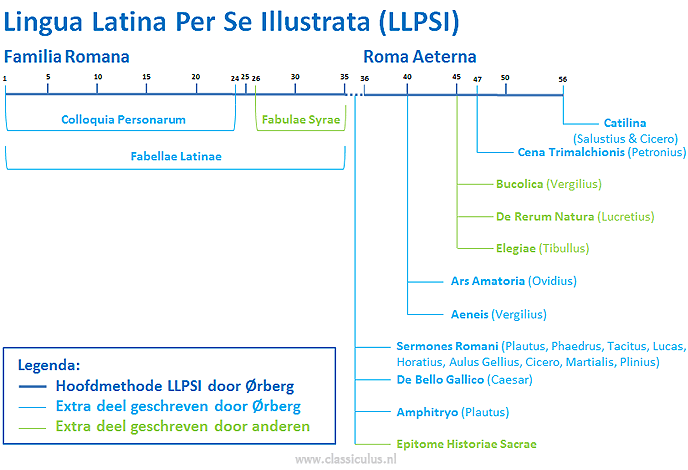13 Apr 2022 (Last Modified 01 Feb 2024)
Learning Latin
I took Latin in high school. As with most formal instruction and to channel Paul Simon, it’s a wonder I learned anything at all. (My attitude or the attitudes of teens to scholarship are probably more culpable than faulty didactic methods.) During college I continued to study Latin fitfully as a dilettante. I never gained enough reading or writing fluency to grapple with ancient texts without a dictionary and extensive grammatical commentary. I believe I got a 3 on both AP Latin exams without understanding what ekphrasis meant, that it involved a shield Vulcan gave to Aeneas, the not at all subtle allusion to Achilles’ shield in the Iliad, nor even the importance or context of the images Vulcan wrought on the shield.
In 2009 I found Evan Millner’s Latinum and listened (still fitfully) to his audio recordings of Adler’s grammar. My oral comprehension improved, but that’s not oral production, prose composition or reading fluency.
Project: A Better Latinum.
I respect Evan’s work. His work galvanized, mea sententia, the modern Living Latin movement. But, his websites are not navigable except to retrieve data. Not that other ones are (Forcellini, Index Lingorum). One of my research interests is making information computable. (I would say that current methods mostly make information merely discoverable or retrievable.)
- I begin by making a computable version of the Janua Linguarum.
Resources
- Corpus Corporum. A repository of links to Latin texts online.
- Latinum
- Janua Linguarum
-
Arnold’s Copious English-Latin Lexicon. And it
is copious. Also, a digitized version. - Arnold’s Latin Prose Composition. And anotherintroductory composition book.
- Tacitii opera in Ad usum Delphinum.
- Doderlein’s List of Latin Synonyms.
- De Sermonis Quotidianis Veterum Roamanorum. gBooks
- Latino Vivente found via Saturna Lanx’s YPLC.
- A Latin Reading List
Roadmap for LLPSI
